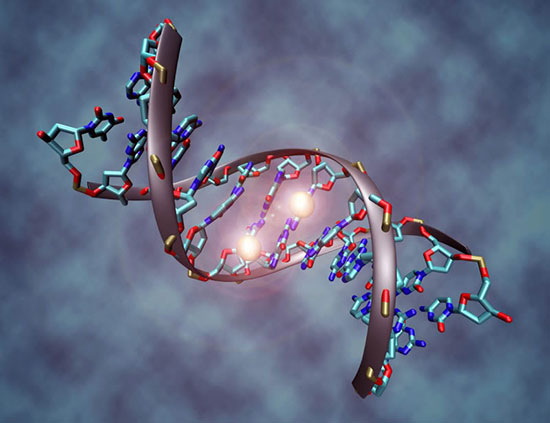Research Overview

Lessons learned from the Human Genome Project include the realization that the number of genes needed to encode a human is much smaller than expected and that the control of the expression of those genes in the appropriate place at the appropriate time is equally as important as their genetic code. Subsequent studies on the impact of common genetic variation on complex but common human disease have also demonstrated that the genetic sequence alone is not enough to explain disease risk, and we are well aware that although exposure, lifestyle and the environment contribute to health and disease, they cannot alone explain all risk.
The research program of the Marsit Laboratory of Population Epigenetics aims to provide insight into disease risk and prognosis by focusing on the interface of genes and the environment, characterized by the epigenome. Epigenetic regulation refers to mechanisms of gene expression or expression potential that are heritable and stable but not encoded by the underlying DNA sequence. Regulation by epigenetic mechanisms is critical in cellular differentiation and thus normal development, and alterations to epigenetic patterns has been linked to cancer, cardiovascular disease, diabetes, asthma, immunity, and psychological and psychiatric outcomes.
Epigenetic mechanisms would include
- DNA CpG methylation, occurring most often in gene promoters and most often linked to transcriptional repression,
- Histone post-translational modifications, which alter the conformations of the chromatin structure and signal for various operations on the DNA including transcription, repression, repair, and replication
- Genetic Imprinting, a special case of DNA methylation which allows for parent-of-origin allele-specific expression of a small group of genes
- Noncoding-RNA mediated regulation, wherein RNA molecules, such as microRNA, can alter the expression of genes or the translation of proteins from expressed RNA